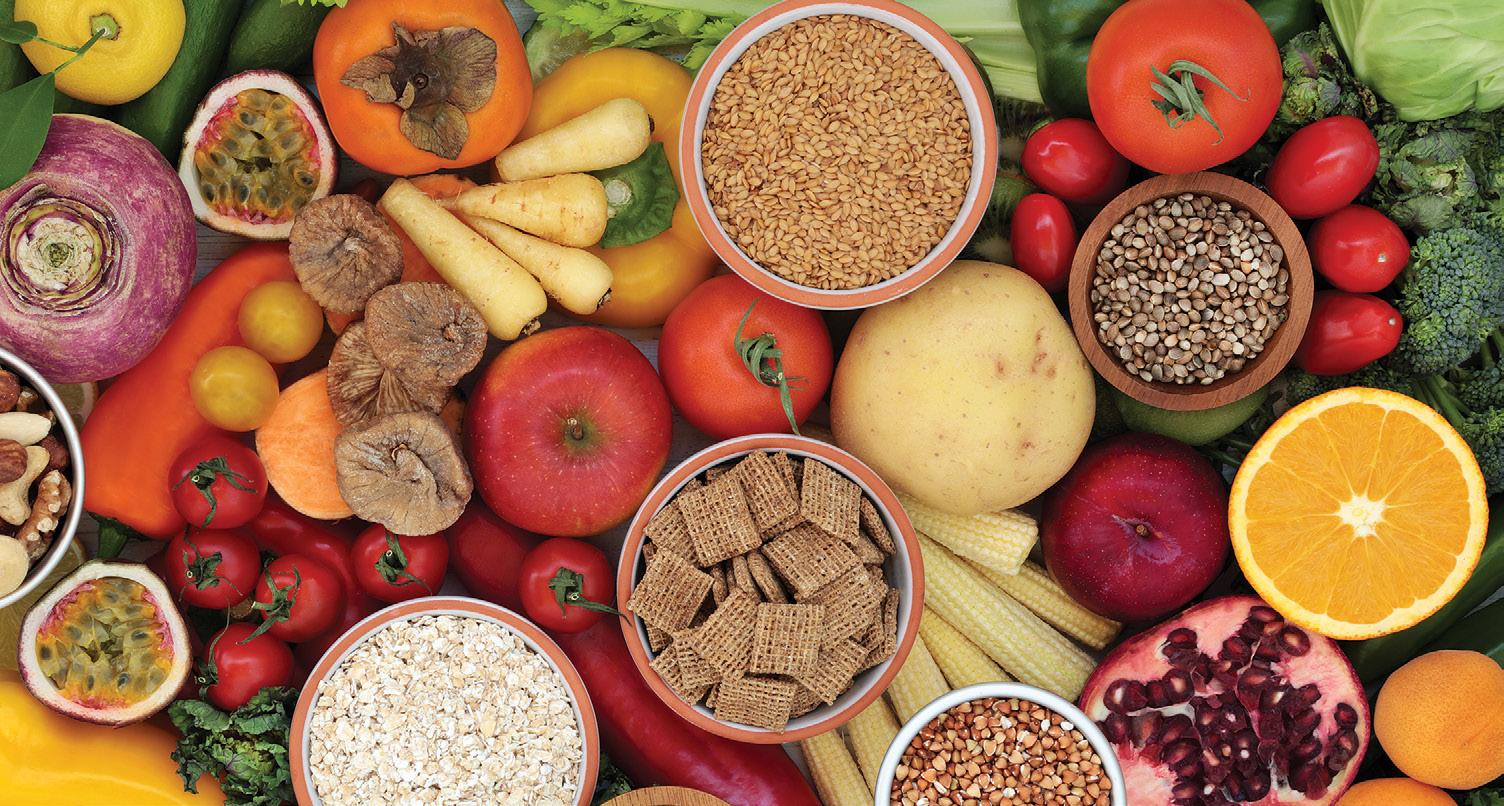sequester carbon,” says Diana Carpinone, president of Non Toxic Communities, a pesticide reform nonprofit, and founder of Non Toxic Dover, in New Hampshire.
green living
Why Organic Lawns Make Eco-Sense
W
by Julie Peterson
ith its dependence on synthetic fertilizers and pesticides, America’s 63,000 square miles of lawns rely on fossil fuels, put pressure on water supplies and devastate soil, watersheds, animals and people. Fortunately, green turf can be attained organically, with important benefits. “In addition to protecting public health, eliminating our use of pesticides and fertilizers will allow us to build healthy soil and sequester more carbon as we face climate chaos,” says Mackenzie Feldman, executive director of HerbicideFree Campus, a San Francisco organization working to transition colleges nationwide to organic lawns.
The Harm Done
Homeowner desire for lush swaths of monoculture grass has been fueled by lawn chemical ads equating model families with flawless lawns. Unfortunately, the “green grass of home” isn’t an ideal dream, it’s a nightmare. Research shows that it exposes people to cancer-causing, reproductiveharming and endocrine-disrupting chemicals, many of which are deemed safe by
24
New Haven/Middlesex
government agencies. The Pesticide-Induced Diseases database at BeyondPesticides.org holds myriad studies linking chemicals to asthma, diabetes, autism, lupus, arthritis, Parkinson’s disease, Alzheimer’s disease and cancer. Children are particularly vulnerable to the effects of toxins due to their developing organs. Exposure to lawn chemicals also comes through the air, on indoor surfaces and in water. A U.S. Geological Survey report found pesticides in 99 percent of urban streams. In mixed land use areas, 100 percent of major rivers and 33 percent of major aquifers were tainted. While the culture around the aesthetics of landscapes is strong, the tipping point has arrived. “People are becoming more aware that their children are at elevated risk and that there are deficiencies in the laws that govern toxic chemical use,” says Jay Feldman, executive director of Beyond Pesticides, in Washington, D.C. Lawn chemicals are also feeding climate change. “Not only are they fossilfuel intensive to produce, they harm the biology in the soil and destroy its ability to
NaturalNewHaven.com
gan chaonan/Shutterstock.com
Greener Green Grass
Recent lawsuits and climate change have given activists more power to effect sweeping changes in policy. “This isn’t just a niche idea. We have a mandate, given looming environmental crises, to transform our current chemical intensive systems to organic,” says Jay Feldman. Organic turf experts have devised methods to grow monoculture grass. According to Ryan Anderson, a community outreach specialist at the Integrated Pest Management Institute of North America and leader of Midwest Grows Green, “Homeowners can keep their lawns organic by increasing cultural controls.” These include aerating, over seeding and mowing high to build the soil, turf and plant system. While pristine lawns are possible, reconsidering aesthetics is another option. “We could let native plants grow and embrace plant diversity as fundamental to ecosystem resilience,” says Mackenzie Feldman. Indeed, “weeds” are beneficial. Clover feeds nitrogen to grass, benefits soil organisms and stays green long after turf. Dandelions were once considered a source of food and medicine, and all parts of it are edible, including flowers, roots and leaves. Instead of living with weeds, some homeowners are choosing to tear out lawns and put in indigenous plants to attract pollinators and other wildlife. But it takes time for society to adopt new views and front yards can be polarizing. “You can’t go from zero to hippie in a day. People need realistic goals,” says Carpinone. Whether someone rents, owns or only has access to shared green spaces, Shaina Rico, founder of The Generation Ground, an Austin-based organization helping farmers launch regenerative businesses, feels everyone must “take ownership of our green spaces. If you are not the one managing the land, ask questions of those
aslysun/Shutterstock.com
Front Yard Activists




